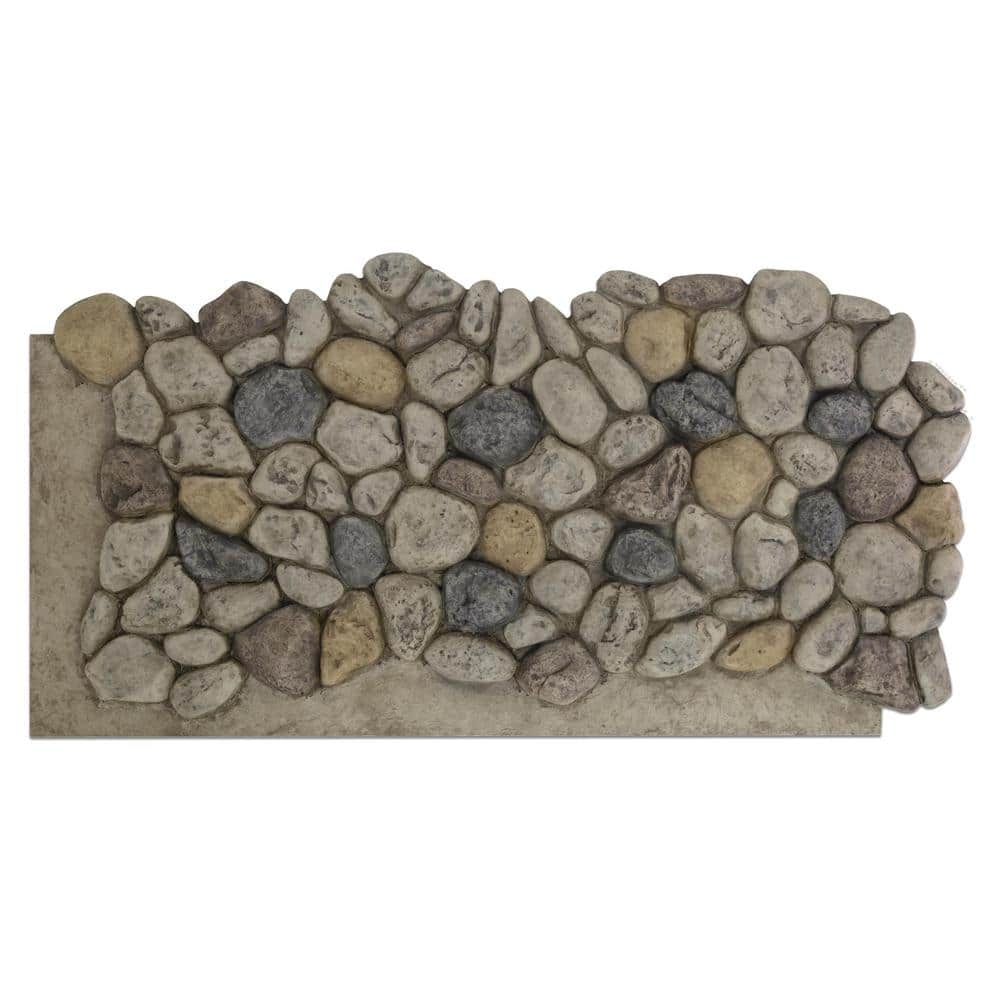Fine rock dust can interfere with soil drainage, counteracting the whole point of adding sand to your garden in the first place. River sand can be used to boost your garden soil’s drainage in a pinch. But river sand is sometimes too fine and dusty for effective drainage. But, when added to soil low in organic matter, compost is actually a great option for improving drainage and aeration.
Particularly heavy soil can require a ratio of sand to soil. Mixing in any less than this will just add to the soil’s weight without improving drainage. Some gardeners also oppose the use of sand as a soil amendment because it can actually make the problem worse. But just because you can mix river sand into the soil doesn’t always mean you should. Adding small amounts of river sand to your garden won’t cause significant harm. In the right quantities, sand can actually improve soil drainage and prevent compaction.
Related Products
They won’t be “washed” like some actual aquarium gravel is though, so be sure to clean it first, otherwise you’ll get some sediment. Our experienced staff is here to provide you with personalized assistance and answer all your landscaping related questions. We are dedicated to spreading our knowledge on all of our products and helping you find exactly what you’re looking for.
Vermiculite is made of silica flakes that expand when exposed to water. This material holds onto important nutrients like potassium, calcium, and magnesium within the soil. To use perlite in the garden, spread the granules over the soil’s surface .
River Sand
Not only could harvesting “wild” river sand harm the ecosystem but you never know what kind of minerals and chemicals could be hidden within . More organic matter results in soil that is overall lighter, better aerated, and less likely to become over-watered. However, vermiculite is not the best choice for soil that needs to drain extremely well. It also doesn’t aid in aeration nearly as much as other common amendments. Adding peat moss to garden soil results in a mixture that is lighter and softer. Instead, it’s a byproduct of plants and other organic materials breaking down in bogs of thousands of years.
Sand is incapable of holding onto essential nutrients and moisture the way other types of soil are. This limits the resources available to the plant’s roots. But in landscaping and construction, the size and shape of these particles are what matter most. Technically speaking, all sand is made up of the same basic materials. We know that many plants are capable of growing in pure sand. We also offer a variety of sand products that are produced right here in Atlanta and the rest of Georgia to suit all your needs.
What is River Sand?
Because of its hardness and its inert chemical properties, unlike limestone and/or granite sand.
With that said, it’s rarely the best option available. But over time many types of mulch will break down into the soil and increase the amount of organic matter distributed throughout. Although vermiculite looks and feels much like river sand, it is actually highly absorptive.
Review of Depot 1899
Perlite is extremely popular for potted plants, where it can be easily mixed throughout the soil. Some gardeners opt to add sand directly to their active compost piles. Others mix the sand and compost immediately before adding it to their gardens. Adding sand to compost is a great way to add bulk while also improving aeration and drainage.

You’ll have to use a gravel vac once a week for cleaning but that’s not too bad, makes water changes easy Imho. This allows the vermiculite to hold onto moisture when needed much like organic soil amendments like compost or peat moss. The perlite will slowly work down into the garden soil and improve drainage and aeration. Also, you should not use river sand collected from a natural source in your garden. I use river rocks, not from home depot but that’s what I use as a gravel. Instead, we recommend opting for a more effective alternative like coarse all-purpose sand, horticultural sand, organic compost, or perlite.
As a soil amendment, perlite improves drainage and aeration. Sand helps balance out the organic matter that makes up fertile soil while also improving drainage and preventing waterlogging. However, it typically contains coarser particles than the soft sand you think of on the beach which is good when waves may erode the beach. We have many other products that look and feel more like the sand you think about as beach sand, similar to that on the shores of Florida. Real beach sand is a very fine silica, or quartz, sand. Beach sand can be from any source such as nearby volcanic rock, shells, or limestone.
The challenge is finding an ideal balance for your own garden’s needs. One of river sand’s defining traits is its smooth, rounded granules. This quality is a result of the river water eroding the sand particles over time. Sand, whether naturally occurring or mined from a quarry, consists of extremely fine particles of rock and minerals. River sand is just one type of sand you can safely add to your garden soil.
It’s also important to note that horticultural sand is chosen specifically for its mineral content . Horticultural sand is the go-to medium for supplementing compacted soil. Sand is used to break up and reduce the weight of compacted soil. But if you want to enjoy all of the benefits of supplementing your garden with sand, coarse all-purpose sand is the best option. While plant species that are specially adapted to sandy soil — cacti, succulents, etc. — can survive these conditions, most species cannot.
No comments:
Post a Comment